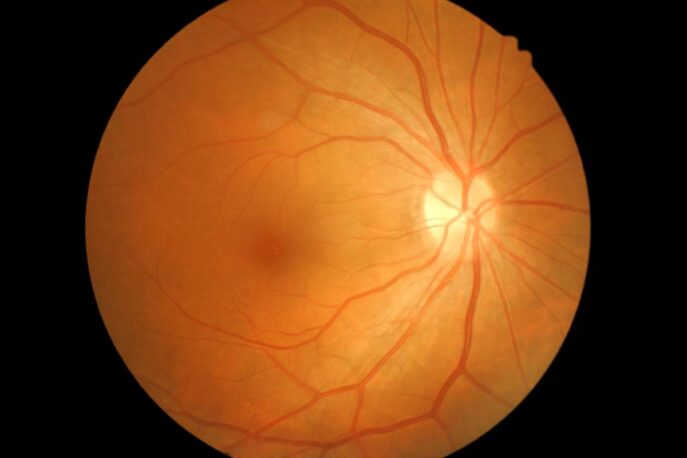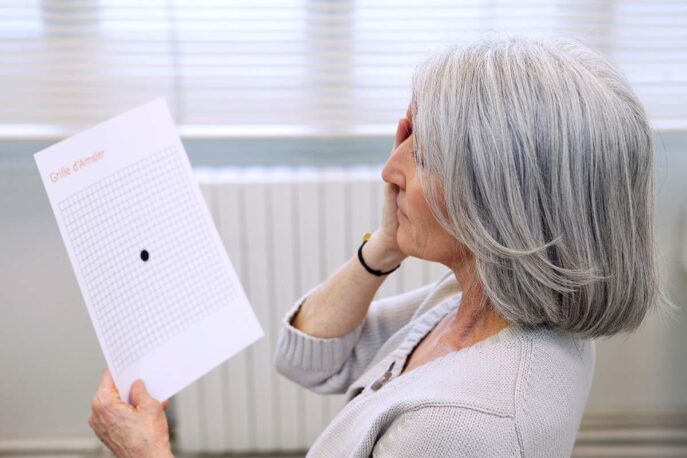Natural Remedies for Eye Floaters
Explore natural remedies for eye floaters, including Chinese medicine, acupuncture, and supplements. Discover how these alternative approaches can help alleviate floaters and improve your vision.

Introduction
Are you tired of seeing those pesky floaters in your eyes? Wondering if there are any natural remedies that can help reduce their presence? Look no further! In this article, we’ll explore the power of Chinese medicine, acupuncture, and supplements in treating floaters.
Chinese medicine has a rich history of using natural remedies to address various health conditions, including eye disorders. Acupuncture, a key component of Chinese medicine, has been found to be effective in reducing floaters. By stimulating specific points on the body, acupuncture promotes blood flow and energy circulation, which can help improve eye health.
Furthermore, certain supplements can also play a role in reducing floaters. Antioxidants like vitamin C and E, as well as omega-3 fatty acids, are known for their beneficial effects on eye health. These supplements help protect the eyes from oxidative damage and support overall eye function.
If you’re looking for alternative approaches to alleviate floaters, exploring Chinese medicine, acupuncture, and supplements could be worth considering. Let’s dive deeper into these natural remedies and discover how they can help you achieve clearer vision.
What Are Eye Floaters
Eye floaters are tiny specks or strands that drift across your field of vision. They may appear as black or gray dots, cobwebs, or threads and can be quite bothersome. Floaters are actually small clumps of cells or collagen fibers that float in the vitreous, the gel-like substance that fills the inside of your eye. When light enters your eye, these clumps cast shadows on the retina, resulting in the perception of floaters.
Types Of Eye Floaters
There are two main types of eye floaters: benign floaters and pathological floaters. Benign floaters are the most common and are usually harmless. They are typically caused by age-related changes in the vitreous, as the gel becomes more liquid and small fibers clump together. Pathological floaters, on the other hand, may be a sign of an underlying eye condition, such as retinal detachment or inflammation. If you notice an increase in the number of floaters or experience flashes of light, it is important to seek immediate medical attention.
What Causes Eye Floaters
Eye floaters can have various causes, but the most common is the natural aging process. As we age, the vitreous gel in our eyes begins to shrink and become more liquid. This can lead to the formation of clumps and strands that float in our field of vision. Other causes of eye floaters include eye injuries, inflammation, and certain eye conditions like diabetic retinopathy or retinal tears.
How To Treat Eye Floaters With Traditional Chinese Medicine
Chinese medicine has a holistic approach to health and believes in the balance of energy, or Qi, within the body. When it comes to treating eye floaters, Chinese medicine focuses on improving the circulation of Qi and blood to promote eye health. One popular method is through the use of acupuncture.
Micro Acupuncture For Eye Floaters
Acupuncture is a key component of Chinese medicine and has been used for centuries to treat various health conditions, including eye disorders. Micro acupuncture, a specialized technique, focuses on stimulating specific points on the body, including those related to the eyes. By inserting tiny needles into these points, acupuncturists aim to improve blood flow and energy circulation, which can help reduce the presence of floaters.
Additionally, micro acupuncture may stimulate the release of endorphins, which are natural painkillers and mood enhancers. This can provide relief from any discomfort or anxiety associated with floaters. Acupuncture sessions are typically tailored to individual needs and may require multiple treatments for optimal results.
Eye Qi Gong for Eye Floaters
Qi Gong is an ancient Chinese practice that combines movement, meditation, and breathing exercises to promote overall well-being and balance. There are specific Qi Gong exercises that can be beneficial for eye health and help reduce the presence of floaters.
One such exercise is called “Palming.” To perform this exercise, rub your hands together vigorously until they feel warm. Close your eyes and gently place your warm palms over your closed eyes, without applying pressure. Breathe deeply and relax for a few minutes, allowing the warmth and energy from your hands to nourish your eyes. This exercise can help relax the eyes and improve blood circulation, reducing the visibility of floaters.



